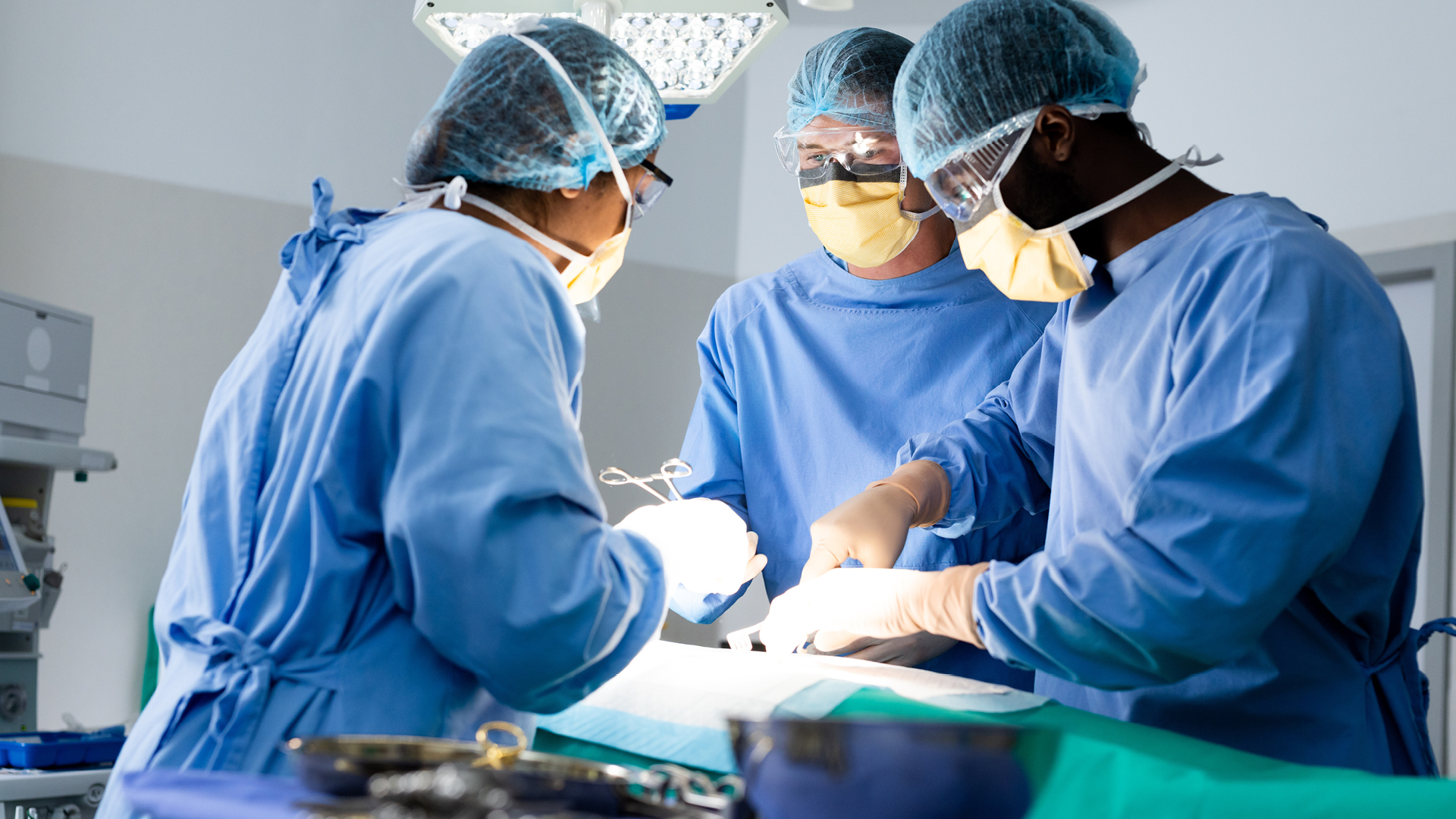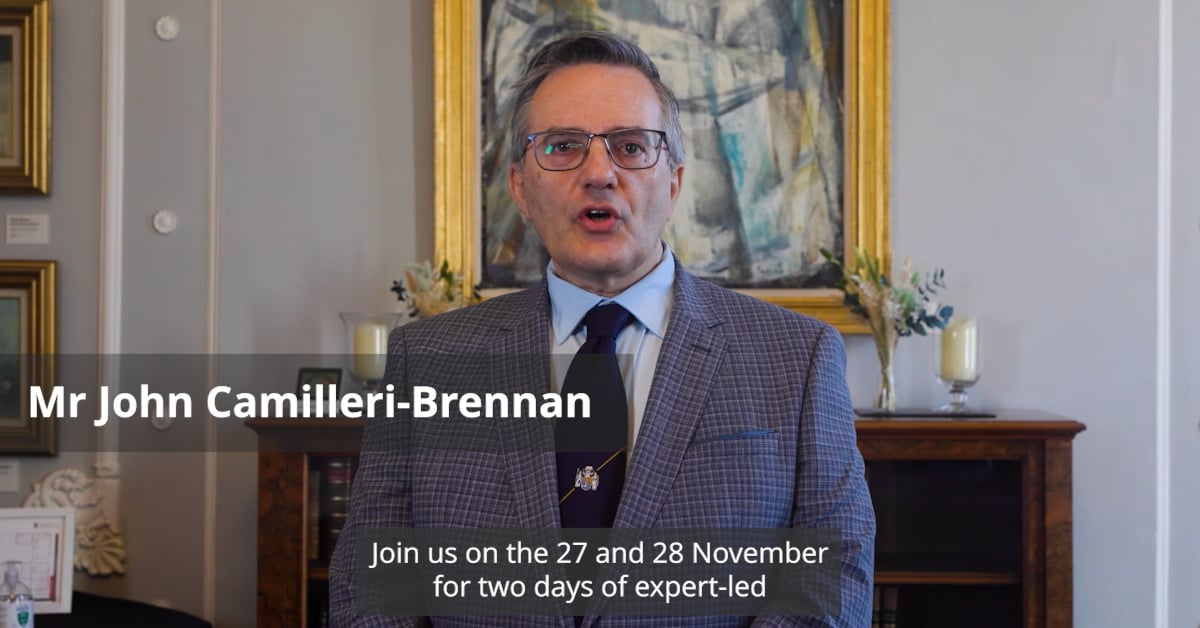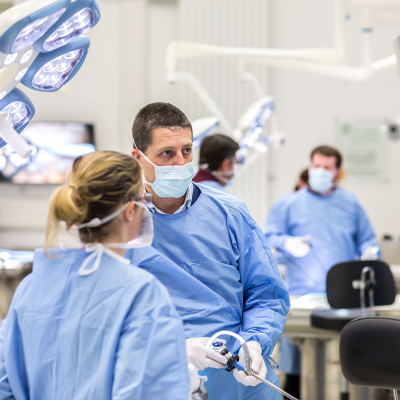Overview
The Glasgow Surgical Forum returns this year with a focus on one of the most critical aspects of surgical practice: managing complications. Under the theme 'Complications in general surgery: lessons, strategies, and solutions', the meeting will bring together surgeons from across the UK and beyond to engage in open, practical, and forward-thinking discussions.
Complications are an inevitable part of surgical practice, yet how we anticipate, recognise, and respond to them defines our commitment to patient safety and improvement. This year’s forum will explore real-world challenges and solutions through keynote lectures, case-based discussions, and interactive panel debates. Sessions will cover technical pitfalls, decision-making under pressure, multidisciplinary management, and innovations in complication prevention.
The meeting aims to foster an environment of learning and collaboration, where experiences, both successful and adverse, are shared candidly to advance surgical care. Delegates will gain insights into strategies for prevention, early detection, and resolution, while also considering the evolving landscape of surgical education, training, and teamwork.
Whether you are a trainee, consultant, or part of the wider surgical team, the Glasgow Surgical Forum offers a platform to learn, reflect, and contribute to improving outcomes in general surgery.
Take a look at our programme to see what's happening on the day. There will be a poster competition, giving you an opportunity to share your work with your peers.
Find out more from Mr John Camilleri-Brennan, Vice President (Surgical), in the video below:
Learning outcomes
- Colorectal anastomotic leaks: Prevention, detection and damage control
- Post-cholecystectomy bile duct injuries and leaks: Prevention, detection and management
- Adhesions and re-entry: Managing the ‘frozen abdomen’
- Enterocutaneous fistulae: What went wrong and what now?
- Human error in the operating theatre: What we miss when we’re rushed
- Complications and consent: What patients deserve to know
- Medicolegal implications of surgical complications
Who is this conference for?
The Glasgow Surgical Forum is aimed at:
- Surgical trainees from ST1 upwards
- Specialty and associate specialist (SAS) doctors
- Consultant general surgeons
- Consultants in emergency medicine
- Advanced nurse practitioners and physician associates in emergency surgical care
What happens on the day?
Click below to download the programme (PDF).
About the Event director
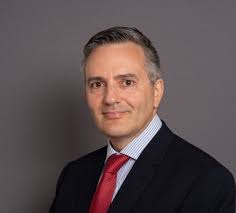
Mr John Camilleri-Brennan MD (Melit.) MD (Dundee) MFSTEd FRCSGlasg FRCSGenSurg
Consultant General and Colorectal Surgeon, Forth Valley Royal Hospital, Stirling, UK. Honorary Clinical Associate Professor at the University of Glasgow School of Medicine. Vice-President (Surgical), Royal College of Physicians and Surgeons of Glasgow.
A graduate of the University of Malta, Mr Camilleri-Brennan received his postgraduate surgical training in Malta, Dundee and Aberdeen. He was awarded a Travelling Fellowship by the College that enabled him to pursue further studies in colorectal surgery at the Division of Colon and Rectal Surgery of the University of Minnesota, Minneapolis, USA. His research on rectal cancer led to a doctorate from the University of Dundee. Following completion of surgical training, he was appointed as Consultant in General and Colorectal Surgery with NHS Forth Valley.
At Forth Valley he was responsible for formally introducing and developing a laparoscopic colorectal cancer service. He also set up a colorectal pelvic floor service, introducing endoanal ultrasound scanning and innovative surgical operations such as THD surgery for haemorrhoids, minimal access and transanal surgery for rectal prolapse, and pelvic floor reconstruction and anal implants for incontinence. In collaboration with his gynaecology colleagues, he developed a protocol for the clinical follow-up and treatment of patients with obstetric third and fourth degree tears.
In addition to his clinical work, he held posts as Clinical Lead in Colorectal Cancer and Bowel Cancer Screening with NHS Forth Valley. With the College, he held posts as Associate Director of Surgical Examinations, Regional Advisor, College Tutor and Member of Council. He is currently the Vice-President (Surgical) of the College, responsible for postgraduate surgical education and training. He is also involved in colorectal education and Fellowship examinations in Europe and the Far East.
He is a Principal Investigator in a number of research projects, has published articles in major surgical journals, co-authored chapters in postgraduate surgical textbooks and has presented prize-winning papers at many national and international meetings. He is the recipient of the William Cullen Prize from the Royal College of Physicians of Edinburgh.
Speakers
See below about your speakers and what they'll be discussing.
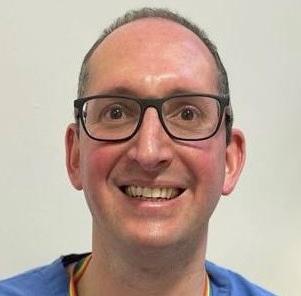
Mr Jonathan Epstein
Consultant Surgeon, Salford & President-elect, Association of Surgeons of Great Britain and Ireland
Topic: Enterocutaneous Fistulae: What Went Wrong and What Now?

Mr Andrew Robertson
Consultant Upper GI Surgeon, Royal Infirmary Edinburgh
Topic: Complications of Bariatric Surgery
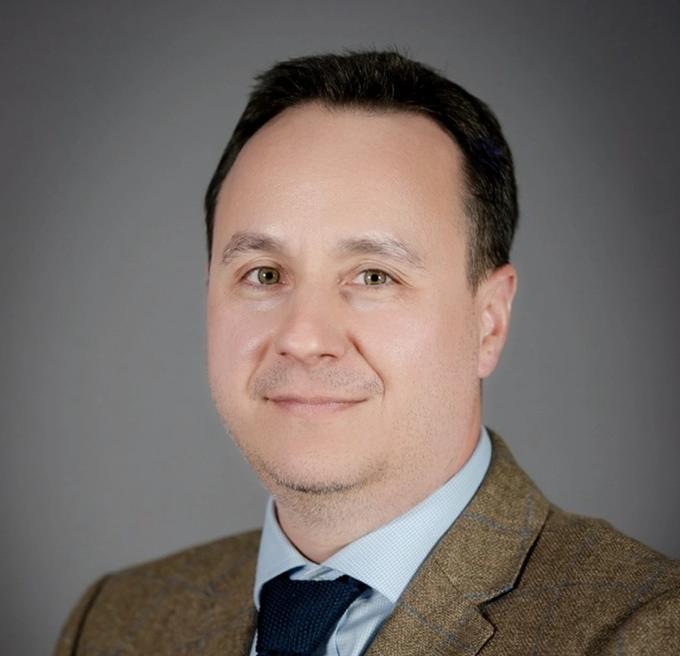
Mr Demetrios Damaskos
Consultant Surgeon, Edinburgh Royal Infirmary
Topic: Adhesions & Re-Entry: Managing the ‘Frozen Abdomen’
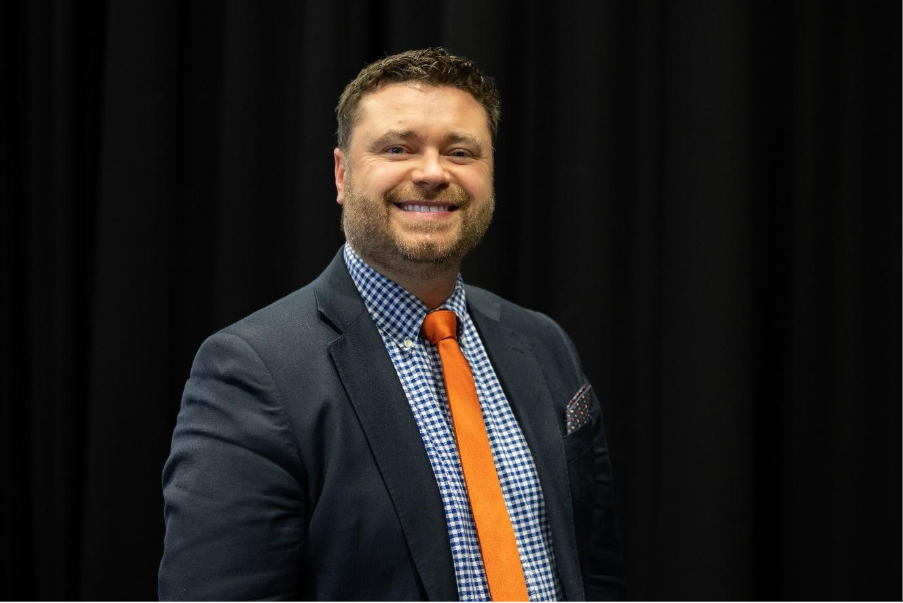
Mr Christian Macutkiewicz
President, Association of Surgeons of Great Britain and Ireland
Topic: David George Lecture: Is current surgical training adequate for modern requirements?
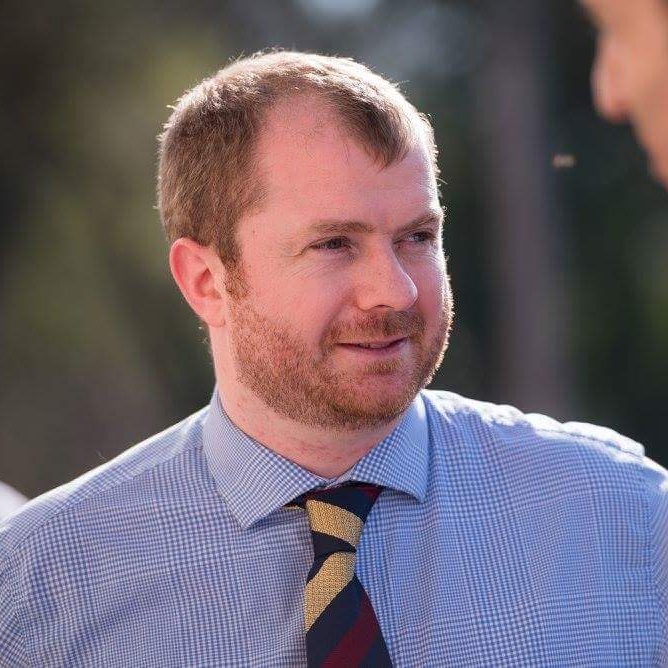
Mr Ross Dolan
Consultant Surgeon, Freeman Hospital, Newcastle
Topic: Preventing Postoperative Sepsis: Preoperative Optimization and Intraoperative Strategy
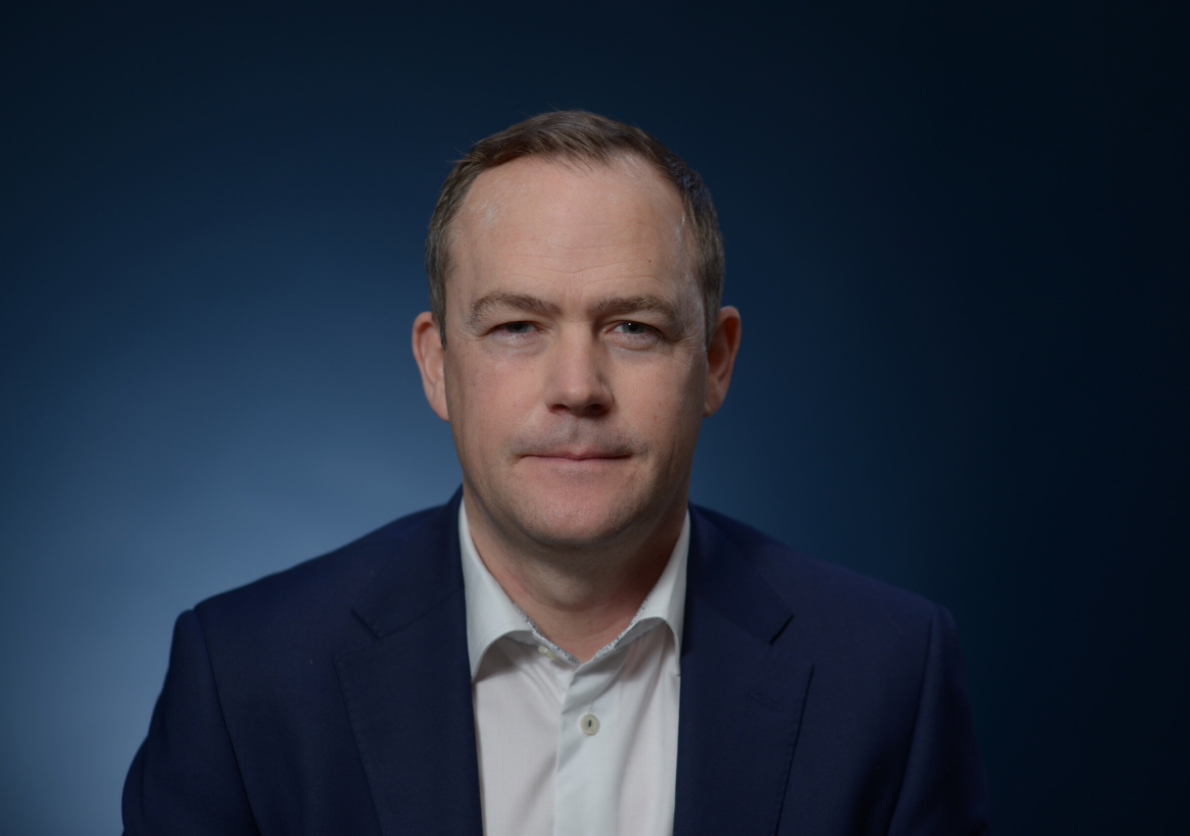
Mr James Thorpe
Medicolegal Consultant, Medical Protection Society
Topic: Avoiding Litigation – Communication, Consent & Documentation /Complications and Consent: What Patients Deserve to Know

Mr Omar Hilmi
Consultant Head and Neck Surgeon, GRI
Topic: Common complications in Thyroid surgery: Prevention, Diagnosis and Management
We'll have a poster competition at this conference to enable delegates to share about their recent work. Submissions for the poster competition are now closed. The top submissions will be invited to present their entry as part of the conference, with the winner announced at the end. All other accepted abstracts will feature as part of a digital showcase which can be viewed during conference breaks.
Attending the conference
This event is an online/in-person conference. That means you get the chance to join us both at the College or from the comfort of your own home.
Coming to the College: For those joining us in Glasgow, you’ll benefit from state-of-the-art facilities, as well as lunch prepared by our award-winning chefs.
The Royal College of Physicians and Surgeons of Glasgow is conveniently located in Glasgow City Centre, within easy reach of major train stations, motorways and airports. Hotel and parking discounts can be accessed after booking.
Find out more about the best way to get to us.
Attending online: If you’re joining us remotely, details of how to dial in and any other information you need will be provided to you just before the date of the conference.
If you’ve not received your joining instructions by the date of the conference, please reach out to the event lead. Their details can be found on this page.
Claiming your CPD
This conference offers 12 CPD points for everyone who attends. This can be claimed via your College account. CPD points will be available for up to one month after the conference. Where the conference has been recorded, these sessions will also be available. If you have any questions about claiming your CPD points, our Education team are happy to help.
Key information
Click the link below to book your place.
Book nowMember: £210
Non-member: £320
Trainee: £240
AHP: £260
ASIT/ASGBI Member: £210
Gallery
Some images from similar events at the college.
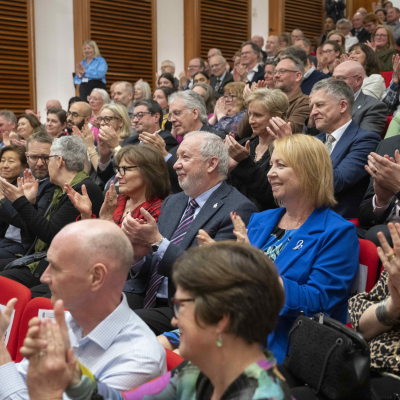

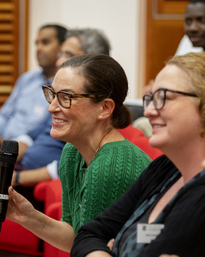

Here's what our previous delegates said
"Very professional presentation, highly captivating."
"It was one the best event I attended, nearly all the lectures were practical and we face on daily basis."
"Keep on doing these great educational sessions which are relevant to FRCS exams."

